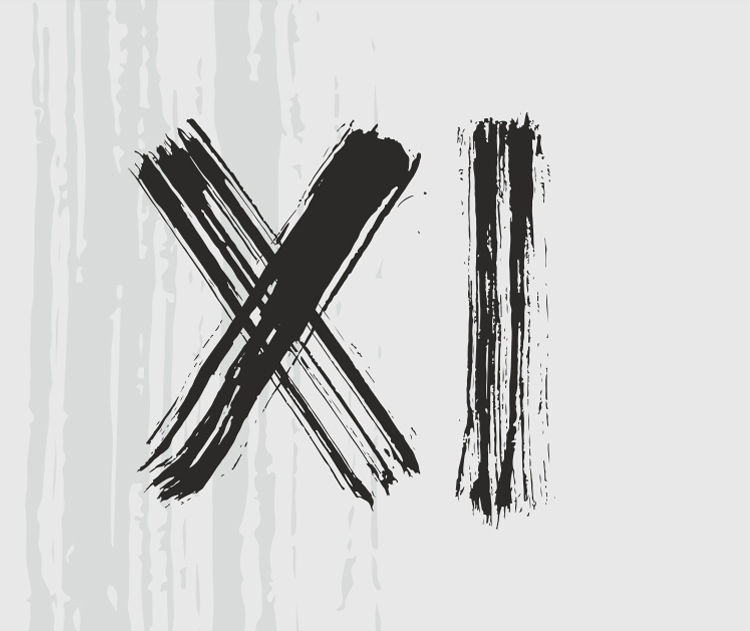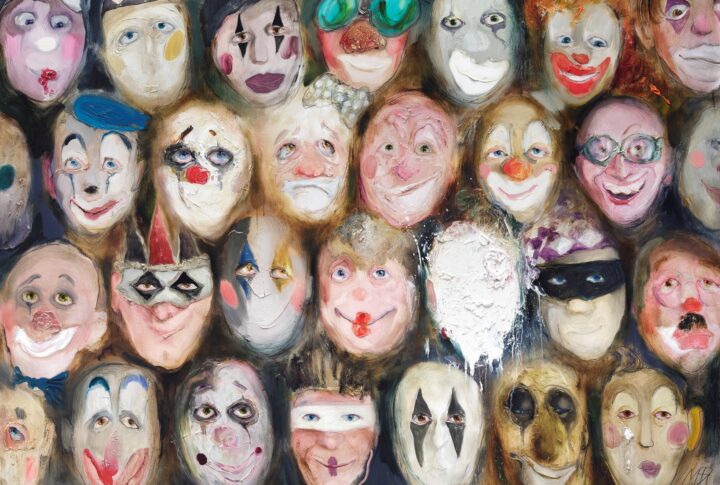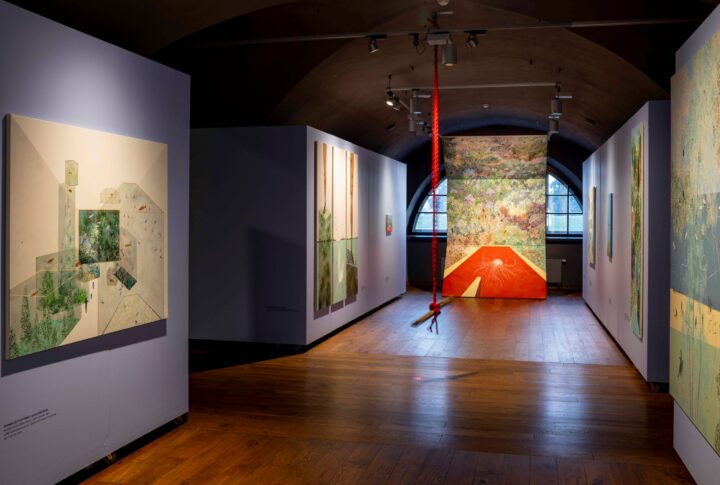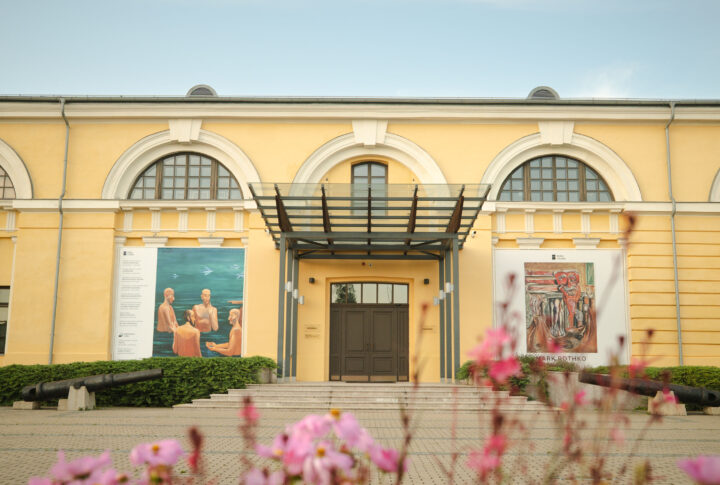An international graphic art symposium kicks off in Daugavpils with the opening of an exhibition by Vitolds Svirskis

The 11th International Latgale Graphic Art Symposium will start at 3 p.m. on 11 March 2023 at the exhibition hall of the Daugavpils Culture Palace with a formal welcoming of its participants and the opening of an exhibition by the locally born graphic artist Vitolds Svirskis.
The International Latgale Graphic Art Symposium will run in Daugavpils from 10 to 24 March in its eleventh iteration. So far, this creative forum has brought together more than a hundred graphic artists from thirty-five countries. This year, the list of participants includes nine artists from five countries: Robert Rabiej (Poland), Kamil Adamus (Poland), Zenon Balcer (Poland), Inara Petrusevich (Latvia), Liena Bondare (Latvia), Siddharth Pathak (the Netherlands), Ineke Domke (Germany), Gianluca Arienti (Italy) and Marco Poma (Italy).
By continuously drawing new visiting artists to the region, the symposium keeps revitalising the graphic medium in Daugavpils and raising the international visibility of Latgale. Its latest group of participants will spend the next two weeks in intense creative work, drawing inspiration from the Latgale landscape and the urban environment of Daugavpils, informal talks and discussions, creative workshops and artist presentations.
Like the year before, the symposium will be opened at the Daugavpils Culture Palace exhibition hall, this time with the exhibition “Permanence” featuring Vitolds Svirskis /1919–1991/, who was a native of Daugavpils and a prolific graphic artist.
The artist, Vitolds Svirskis, was born in Daugavpils in 1919. The boy grew up in a family of railway workers, and his parents wanted their son to follow in their footsteps and commit his life to the railway. However, the young man was more inclined towards the humanities, so independently and without his parents’ knowledge, he decided to study in a gymnasium. It was during his years at the gymnasium that he took his first steps in the world of art.
Svirskis’ professional path began in 1941 with his admission into the Art Academy of Latvia. In 1944, he was mobilised into the Latvian Legion and was forced to cut his artistic activities short, though he would continue to draw while in the military. Svirskis didn’t receive his graduate diploma until 1953. His creative work was focused mainly on portrait making. In total, he would create more than 8000 portraits. Svirskis worked in monotypes and linocuts, though ink drawing, using pen or brush, was the main distinguishing feature in his creative style.
As Prof. Jānis Stradiņš noted, “This gallery of scientists, artists and cultural figures is worthy of permanence, as is this great native of Daugavpils”.
The symposium will close at 4 p.m. on 24 March at the Daugavpils Mark Rothko Art Centre with the opening of an exhibition featuring the participants’ newly made artworks. The exhibition will add to the Rothko Centre’s 10th-anniversary programme.







